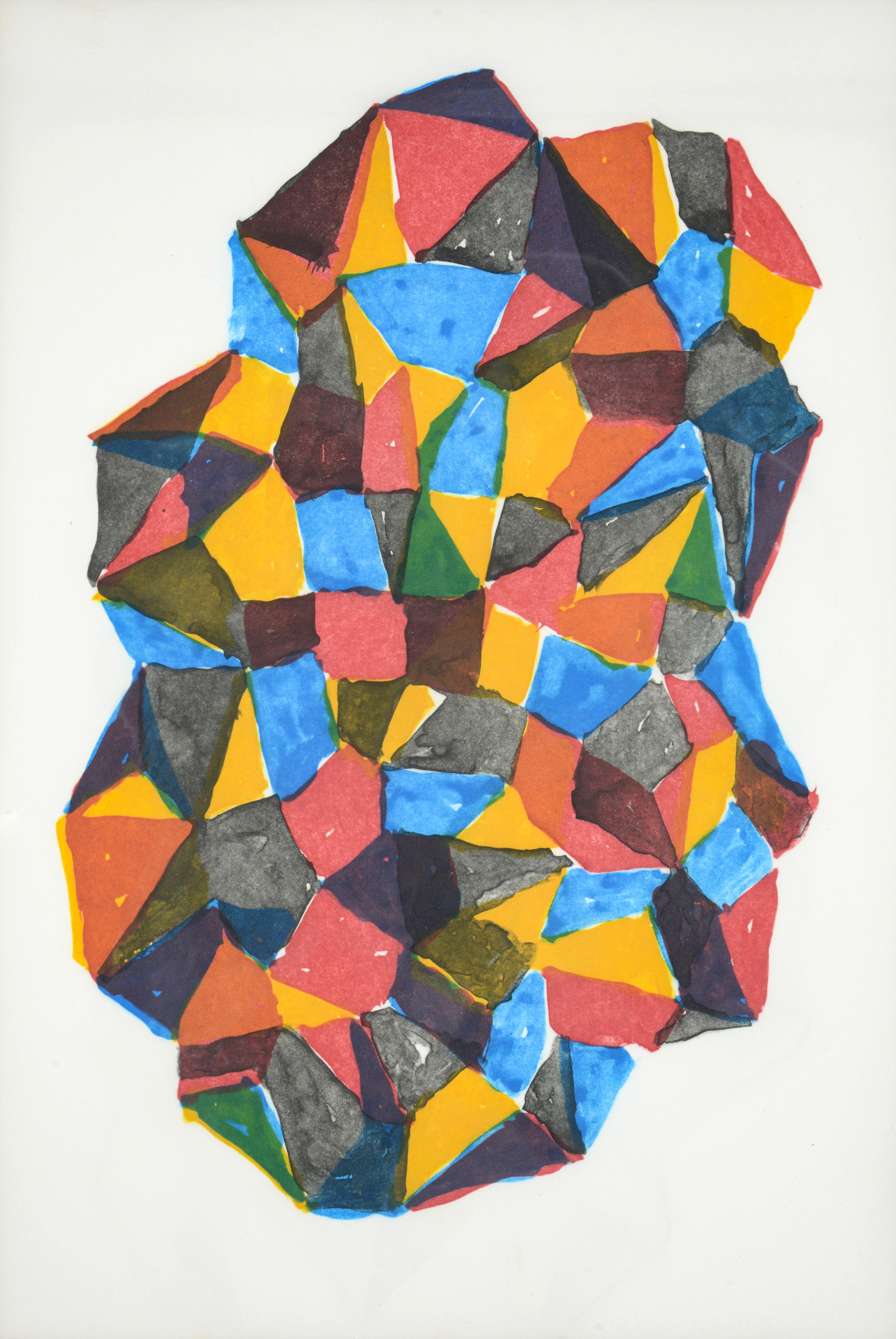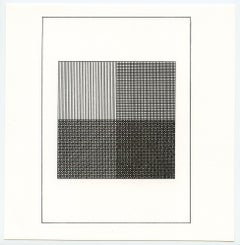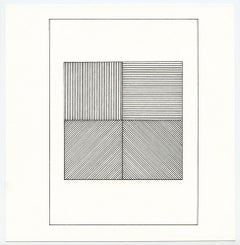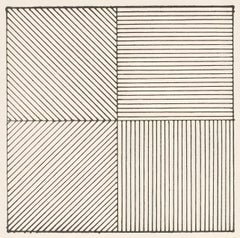Questions & Answers
Our trusted network of 1stDibs sellers answer common questions
What did Sol LeWitt say about conceptual art?
1 Answer

Sol LeWitt said that in conceptual art, the idea behind the art was at least as, if not more, important than what the finished work was. Some of the American artist's most famous works include Wall Drawing N.804, Brushstrokes and Lines in Four Directions. Find a collection of Sol LeWitt art on 1stDibs.
1stDibs ExpertApril 5, 2022
Related Questions
- What kind of art did Sol LeWitt do?1 Answer
- What is conceptual art in contemporary art?1 Answer
- What is the meaning of Conceptual art?1 Answer
- Is Ed Ruscha a conceptual artist?1 Answer
- Is Tracey Emin a conceptual artist?1 Answer
Shop for Sol LeWitt Art on 1stDibs
silkscreen
By Sol LeWitt
Located in Henderson, NV
Medium: silkscreen. Printed in 1984 for "Ficciones" and published by The Limited Editions Club in an edition of 1500. Size: 8 x 7 3/4 inches (203 x 198 mm). Not signed.
Condition: t...
Category
1980s Prints and Multiples
Materials
Screen
silkscreen
By Sol LeWitt
Located in Henderson, NV
Medium: silkscreen. Printed in 1984 for "Ficciones" and published by The Limited Editions Club in an edition of 1500. Size: 8 x 7 3/4 inches (203 x 198 mm). Not signed.
Condition: t...
Category
1980s Prints and Multiples
Materials
Screen
Lines in Four Directions, Rubber Stamp Portfolio, Sol LeWitt
By Sol LeWitt
Located in Southampton, NY
Printer’s ink from rubber stamp on vélin d’Arches Satine paper. Paper Size: 8 x 8 inches. Inscription: Unsigned, as issued. Notes: From the folio, Rubber Stamp Portfolio, 1977. Publi...
Category
1970s Minimalist Animal Prints
Materials
Printer's Ink
$5,996 Sale Price
20% Off
Free Shipping
Lines & Color, Straight, Not-Straight and Broken Lines, Using All Combinations..
By Sol LeWitt
Located in Milford, NH
A colorful geometric silkscreen print by American artist Sol LeWitt (1928-2007). LeWitt was born in Hartford, Connecticut, and attended Syracuse University where he studied tradition...
Category
1970s Abstract Geometric Abstract Prints
Materials
Paper, Screen
Historic lithograph (Hand signed by Sol Lewitt, Philip Glass and Meredith Monk)
By Sol LeWitt
Located in New York, NY
Sol Lewitt
Benefit Concert (Hand signed by Sol Lewitt, Philip Glass and Meredith Monk), 1978
Offset lithograph
19 1/2 × 21 1/2 inches
Limited Edition of 75 (unnumbered)
Hand signed b...
Category
1970s Abstract Geometric Abstract Prints
Materials
Pencil, Lithograph, Offset
Lines in Four Different Directions original signed inscribed drawing on postcard
By Sol LeWitt
Located in New York, NY
Sol LeWitt
Lines in Four Different Directions, 1997
Original drawing in black felt tip pen on postmarked (franked) postcard
Signed, dated and inscribed "For Andrew Thanks for the Dra...
Category
1990s Minimalist Abstract Drawings and Watercolors
Materials
Postcard, Felt Pen


